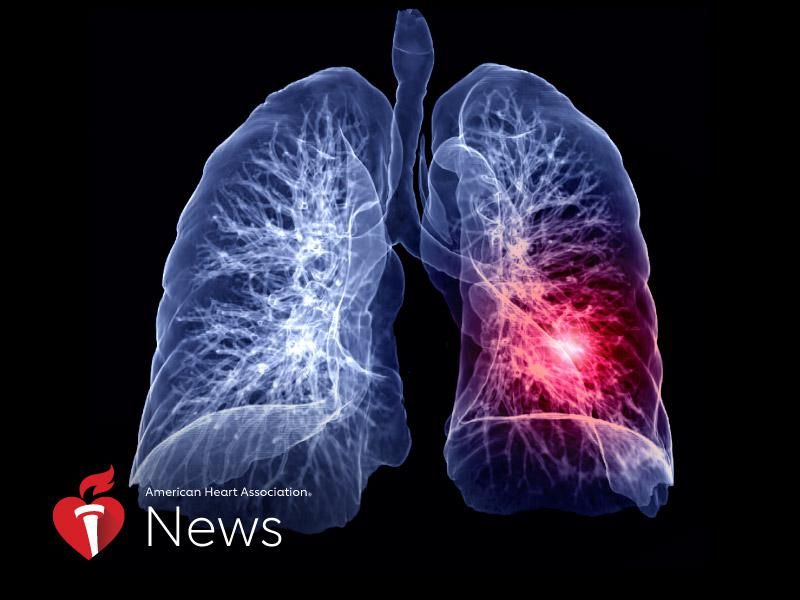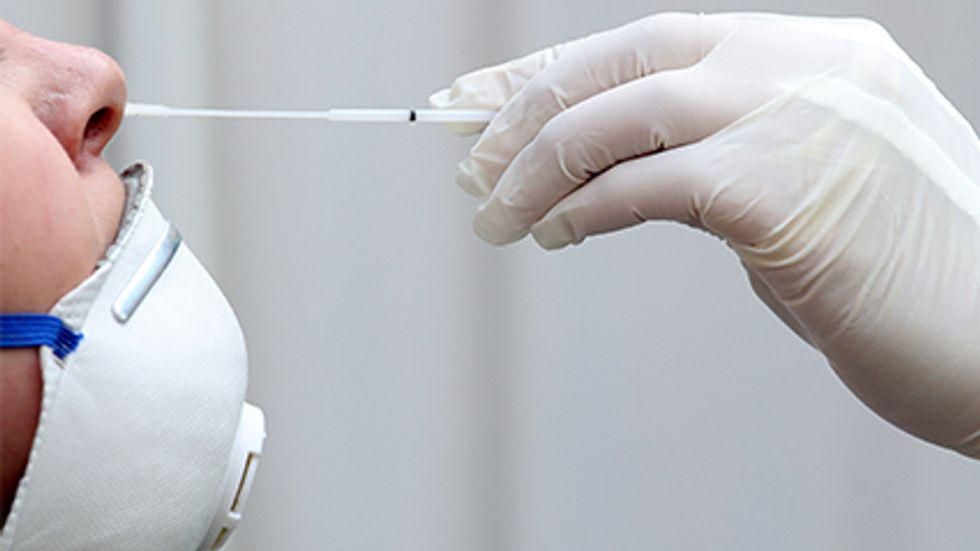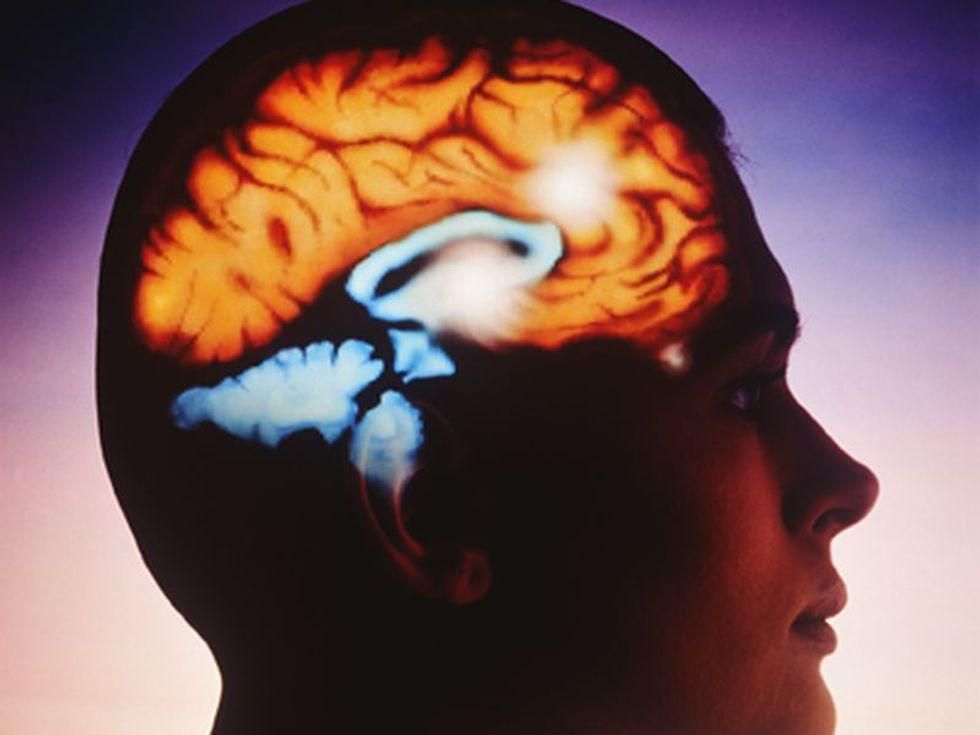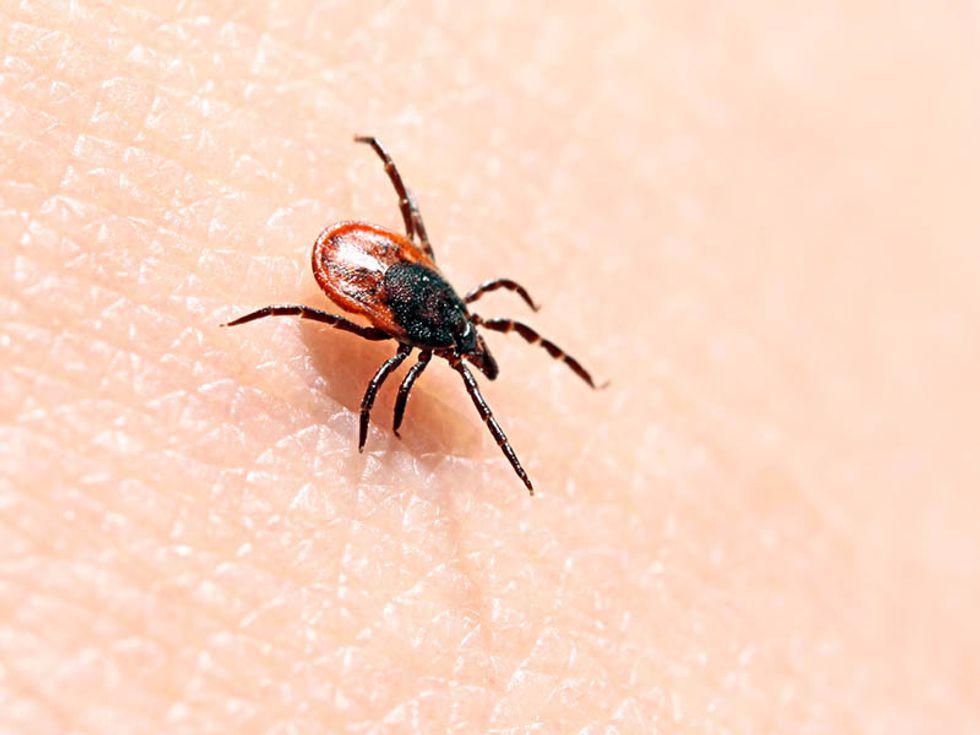
TUESDAY, Nov. 23, 2021 (American Heart Association News) — Public radio fans knew NPR books editor Petra Mayer as an exuberant lover of science fiction, romance novels, comic books and cats. “If it’s fun and nerdy, I’m all about it,” she declared. Friends and family now are mourning the loss of the witty, bubbly 46-year-old.… read on > read on >






























